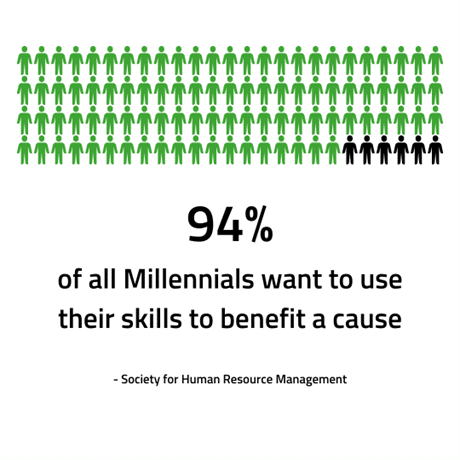As social creatures, we all crave a sense of belonging and the feeling of being part of a community. This desire for connection is even more apparent in the workplace, where we spend a significant portion of our time working alongside colleagues.
But what happens when we don’t feel like we belong?
In these situations, we might feel compelled to alter our behaviour and present ourselves in a way that we believe will be accepted by those around us. Unfortunately, this can lead to feelings of isolation and detachment, which can negatively impact our productivity and wellbeing
A Sense of Belonging
“Belonging is being part of something bigger than yourself. But it’s also the courage to stand alone, and to belong to yourself above all else.”
– Dr Brene Brown
In the workplace, it’s not uncommon for employees to feel like they have to hide certain aspects of their personality or beliefs in order to fit in with their colleagues. This behaviour can stem from a fear of being rejected or ostracised, but it can also be the result of an unhealthy work culture that values conformity over individuality.
This kind of environment can erode team cohesion and creativity, as employees are less likely to speak up with new ideas or take risks when they don’t feel comfortable being themselves.
We can help to create a sense of belonging in the workplace by:
1. Encouraging Open and Honest Communication
By adopting a culture of trust and transparency, employees begin to feel empowered to share their thoughts without fear of backlash. We can do this by welcoming employee feedback and addressing it head-on instead of ignoring or dismissing it.
You can encourage participation in meetings by asking questions and normalising differing opinions.
Top-down transparency is also crucial. Sharing company information like salary frameworks or operational costs creates a sense of ownership and trust among employees.
2. Creating a Safe Space
Employees who feel accepted for who they are, regardless of their background, gender identity, or personal beliefs, are more likely to be engaged and committed to their work.
This means removing any barriers that may prevent employees from fully embracing their unique identities and allowing them to focus on their roles and development within the organisation.
Once they feel safe enough to express their true selves at work, you will notice an ability to share ideas and collaborate outside of their team.
3. Reward, Recognise, Retain
While pay progression is important, they are not the only way to show employees that their contributions are valued. Effective recognition plans can be a powerful tool for building a sense of belonging and increasing employee engagement.
However, this goes beyond just rewards and incentives. It means creating a culture that values and celebrates the contributions of all employees, regardless of their job titles or seniority.
Fundamentally, recognition should boil down to four key principles:
- Specific: Praising particular actions or behaviours is important. This helps with encouraging them to be themselves and contribute to the wider organisation.
- Timely: This is crucial. Immediate recognition will have the biggest impact.
- Meaningful: Personal recognition is what’s going to make employees feel understood and accepted. Make sure you clarify what you’re thanking them for and why.
- Genuine: This isn’t just about encouraging good work or showing you care about their performance, it’s letting them know that their emotional wellbeing is a primary concern too.
A Sense of Purpose
A clear sense of purpose can motivate and inspire employees, increase engagement and productivity, and ultimately drive business success. When employees feel like their work has meaning and contributes to a larger goal, they are more likely to feel fulfilled and committed to their jobs.
We all play different roles within an organisation. Someone may be in charge of making sure everyone gets paid the right amount each month. Another might be there to keep the office floors clean.
At the end of the day, everyone wants to know that they are serving a greater purpose.
As Simon Sinek puts it in his book Start With Why:
“People don’t just love their jobs because of what they do. They love it because of why they do it and how they feel when they are at work.”

Companies that prioritise social responsibility and purpose-driven work are more likely to attract and retain top talent. By embodying your values day-to-day and communicating them clearly to employees, organisations can create a strong sense of shared purpose and a culture of social responsibility.
It also helps to build a culture of trust by:
- Guiding behaviour
- Encouraging open conversations
- Building accountability
Bring It All Together
In any workplace, culture and purpose must align with pay. When introducing a culture change or reinforcing existing values, leaders can use pay to further encourage admirable behaviours from employees.
If you’d like to find out more about how you can combine all three and begin building a more positive culture in your organisation, get in touch with the team today.
*
Our ethos at 3R Strategy is to focus on outputs versus inputs. It’s better to produce quality work than it is to work all the hours in the world – but we must remember that we’ve all worked with a five-day week for a long time and there are complexities in unpicking that. If you would like to discuss any of the areas raised here around future changes for your organisation, please do get in touch.

